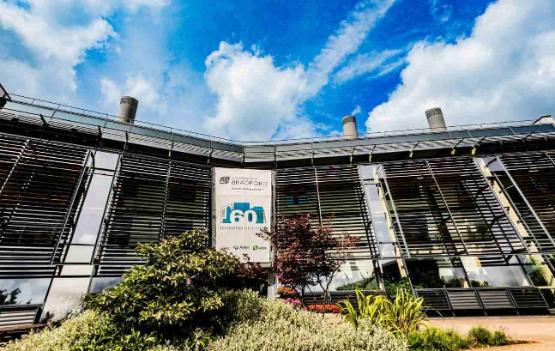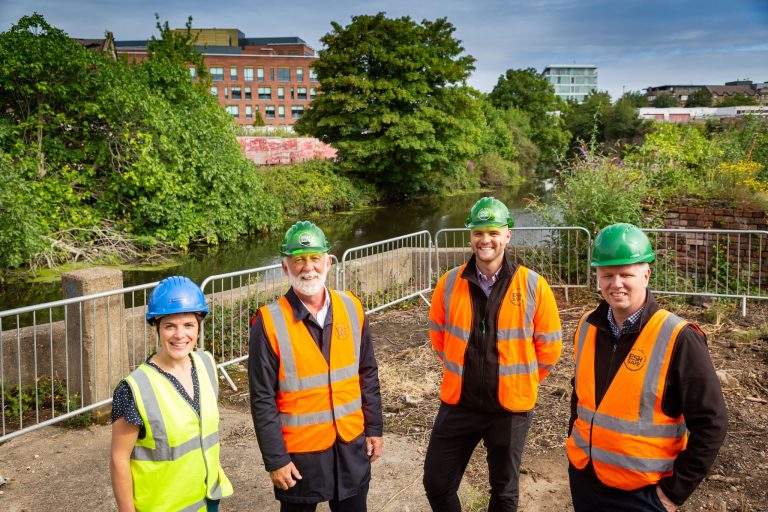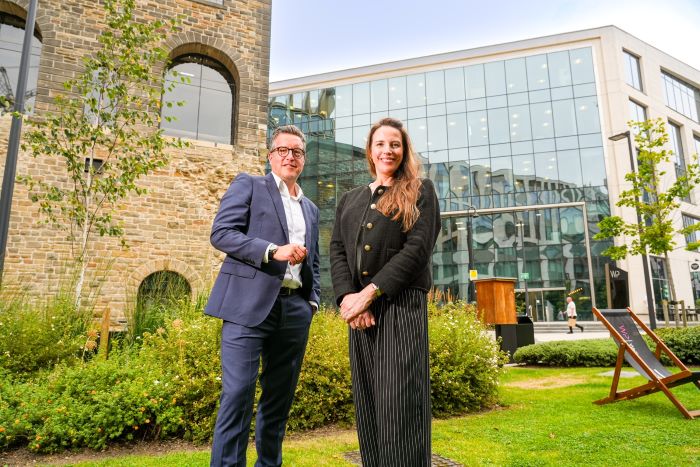£60m set for West Yorkshire skills courses
Homebuilders’ golf day raises £11,000 for charity
Doncaster Chamber calls for shake-up in careers advice offered to school leavers
University of Bradford has Small Business Charter extended for five years
The University of Bradford’s School of Management has been recognised for its work with small businesses by having its Small Business Charter renewed for a further five years.
Professor Sankar Sivarajah, Dean of the School of Management at the University of Bradford, said: “The five-year award is a testament to the growth and development of our engagement with entrepreneurs and small businesses within the region over the past few years, as well as the ongoing strength of the School’s business and community engagement offer.”
Tim Rogers, CEO of Bradford district-based firm Future Transformation, said: “With access to students, research and innovation the University of Bradford School of Management proves a vital resource for SMEs like mine and the wider business community locally, regionally and nationally to grow sustainably and increase our skills resulting in a strong and stable economy.” Flora Hamilton, Executive Director of the Small Business Charter and CEO of the Chartered Association of Business Schools, said: “We congratulate the University of Bradford School of Management for retaining their SBC status. “It is fantastic to see that the school has built upon the foundations of its initial application and continues to demonstrate impact in supporting small businesses and student entrepreneurs in their local economy. “We look forward to seeing the ongoing impacts of their work deliver for their regional economy.”Private equity firm sells West Yorkshire-based Cutwel
Plant-based meat alternatives business, The Tofoo Co. acquired
Aptean expands global footprint with acquisition of Wakefield firm
Works commence to support riverside development in Rotherham
Esh Construction has commenced public realm improvement works which will support further riverside development in Rotherham town centre.












